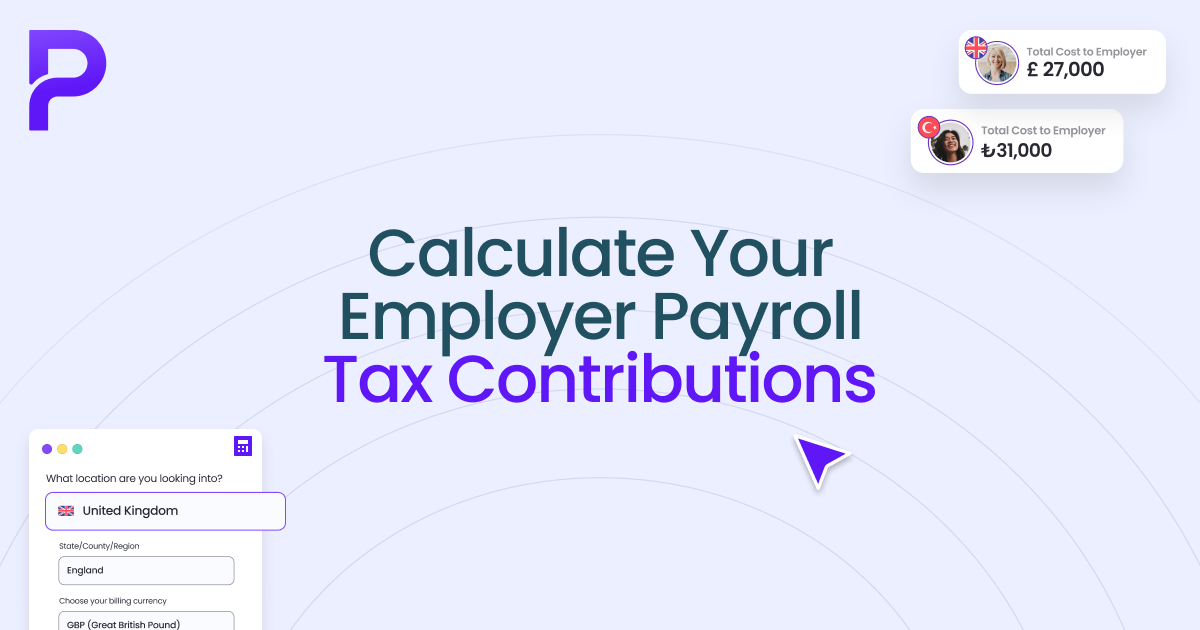Thousands of global businesses can't be wrong.
Sign up for free and explore global hiring with Playroll.


List of Public Holidays in China in 2026
Below is the official list of China’s public holidays for 2026, as announced by the State Council. The table includes holiday names, dates, and duration of days off. Some holidays are adjusted to create long weekends, with corresponding make-up workdays.
Do Employers Have to Provide Paid Leave on Public Holidays?
Yes, Chinese labor law requires employers to provide paid leave for all official public holidays. During these days, employees must receive their regular wages as if they had worked. This applies to both full-time and part-time employees, provided they are under a formal employment contract.
Public holidays are separate from annual leave entitlements. Employers cannot deduct public holiday pay from an employee’s annual leave balance, nor can they substitute public holidays with alternate rest days unless approved by government adjustments. If employees are required to work on a public holiday, employers must compensate them at no less than 300% of their normal wage for those hours.
Legal Penalties for Not Providing Paid Holiday Leave
Employers who fail to comply with paid public holiday requirements in China may face administrative penalties and wage arrears orders under the Labor Law and Regulations on Wage Payment. Specifically, labor authorities can require companies to compensate affected employees and impose fines if payments are not made promptly.
Non-compliance is most common among small businesses, part-time contracts, or probationary staff, where employers may incorrectly classify workers to avoid obligations. Employees can file complaints with the local labor bureau, which has the power to investigate and issue binding rulings. Repeated or willful violations can also damage a company’s local employment reputation and, in severe cases, lead to public blacklisting. To avoid these risks, employers should maintain accurate attendance and payroll records and ensure compliance with all government-announced holiday adjustments.
How Do Holidays Affect Overtime Thresholds?
Work performed on public holidays automatically qualifies as overtime, regardless of weekly hours worked. Employers must pay triple the employee’s normal wage for each hour worked on a statutory holiday. These days do not count toward standard overtime limits, meaning employees working on holidays must receive this special premium pay even if they have already reached their regular overtime cap.
Stay 100% Compliant with Leave Regulations Using Playroll
Leave entitlements, from public holidays to annual leave and special allowances, vary widely even within China due to regional practices and government adjustments. Managing these differences correctly is essential to avoid payroll disputes and penalties.
Playroll ensures your business stays compliant by continuously monitoring local labor regulations, including China’s public holiday schedule and wage compensation rules. Our platform automatically applies the correct leave entitlements and pay rates for every employee, wherever they’re based. With Playroll, you can rest easy knowing your team’s holiday pay and time off are handled accurately, transparently, and in full compliance with Chinese law. Simplify your global payroll and protect your business with confidence.

Never Miss a Leave Law Update — Stay 100% Compliant
01
Reach out to playroll
We’ll handle payroll, leave and benefits for your team, anywhere in the world.
02
Track Leave With Ease
Review, approve, and manage leave in line with local laws, all in one place.
03
Gain Hands-on Support
Each employer and employee gets support to promptly resolve queries.
04
Stay Up to Date With Regulations
We’ll keep you updated on changes in leave entitlements and regulations.
.svg)
.svg)
.svg)



.svg)















.svg)